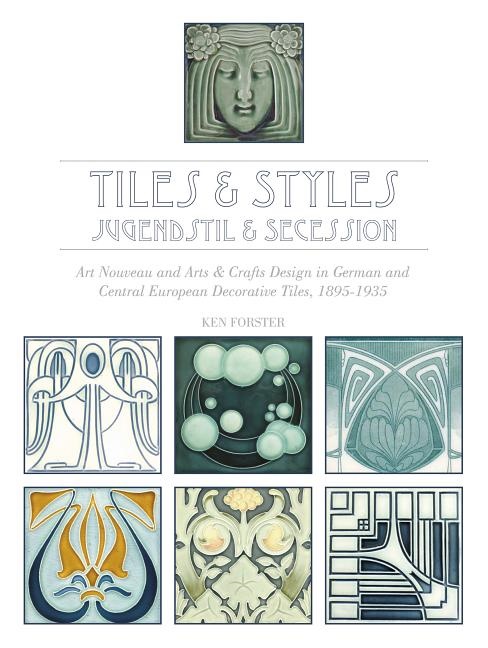This book looks at decorative tiles manufactured in Germany, Austria, Hungary, and Bohemia/Moravia/Czechoslovakia in the years between 1895 and 1935. These ceramic tiles, used primarily on walls, floors, and stoves, but also furniture, trays, and more, were an affordable decor element that made art accessible to many. They would also turn out to be some of the best examples of the Jugendstil and Secession movements in design: Both were variations of international art nouveau and rejected the conservative aesthetics of mainstream art. In Part I of the book, the author places these movements within the context of art history, then explores the history of the tiles. In Part II, a broad look is taken at Arts & Crafts and Art Nouveau tiles, including influences from other Western and Central European nations. With almost 600 color photos of tiles, this book will appeal to art historians, decorative arts aficionados, and anyone who appreciates beautiful, inspirational design.


